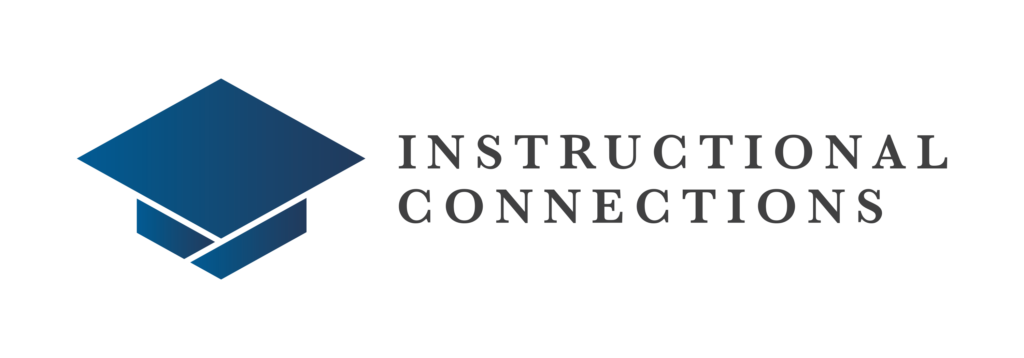A mere two decades ago, online education was an emerging trend within the higher education space, one that institutions offered to demonstrate their leadership in the field.
At the time, this was a clear differentiator that helped higher education institutions differentiate themselves from the rest of the pack. Fast-forward two decades, and offering an array of online education courses is no longer a compelling reason for students to enroll at any given institution. However, in 2025, major higher education institutions will require online education.
The rise of online education courses has also dramatically increased the number of faculty members teaching them, a trend that has severe ramifications for student and faculty experiences. As more faculty members teach online classes, it becomes even more imperative that higher education institutions understand how to support their staff and ensure that their expectations are met. Failure to do so could dramatically impact faculty tenure, student experience, class outcomes, and department turnover.
Instructional Connections has reviewed the education scene and identified a few salient expectations that faculty members demand out of their online education courses. Read on to learn more about how higher education institutions can support and assist their faculty through online learning.
Faculty Training & Support
Many faculty members face new challenges in online education. They might struggle to implement new technologies or troubleshoot virtual education tools. Generative AI adds complexity to quality assurance and plagiarism protocols that many higher education institutions are still addressing. Staying current with the ever-changing world of online education requires additional training and support from the institution. Many faculty members are struggling to navigate uncharted waters in online education.
Manageable Workloads
Online courses can increase the student-to-instructor ratio considerably. This allows higher education institutions to scale and educate more students, but it does come with tradeoffs. The spike in students any given instructor teaches comes with corresponding spikes in administrative tasks, email correspondence, and assessments. This leads to a sharp rise in workload and can contribute significantly to feelings of burnout and low job satisfaction among faculty members. What’s more, this rise in workload also impedes faculty from addressing core job responsibilities, such as student outcomes and curriculum management. Even worse, many instructors might not be able to keep abreast of their workload and let emails and routine asks from students sit for days or weeks, which can negatively impact student experience. Institutions of higher education should be aware of the risk of burnout among instructors of online courses and address it accordingly. Failure to do so often severely impacts student outcomes and faculty tenure.
Work-Life Balance
As mentioned previously, burnout is a severe problem in academia. Some 50% or more of college staff have seriously considered quitting due to burnout. A chief contributing factor to this stat is not only the ballooning workloads mentioned above. The porousness of the boundary between work and home life in the modern virtual classroom also drives burnout. Faculty members may find themselves working long hours and answering emails and routine student requests outside regular working hours. If left unchecked, this can exacerbate burnout and lead to high turnover within an institution.
Partner With Instructional Connections
To assist your faculty members and ensure their expectations of their online programs are met, partner with Instructional Connections today! Our Academic Coaches and Virtual Teaching Assistants are online education support experts, all with degrees in the field of the course they’re assisting with. Introducing qualified, seasoned, and knowledgeable Academic Coaches breathes fresh life into any online education course.
This extra resource helps your faculty members of record assign routine tasks like email correspondence, proctoring office hours, and grading assignments to their Academic Coach. This frees instructors to focus on strategic areas like revamping curriculum and improving student outcomes.
Call Instructional Connections today to discuss how the Academic Coach or Virtual TA model can help your institution of higher education!


